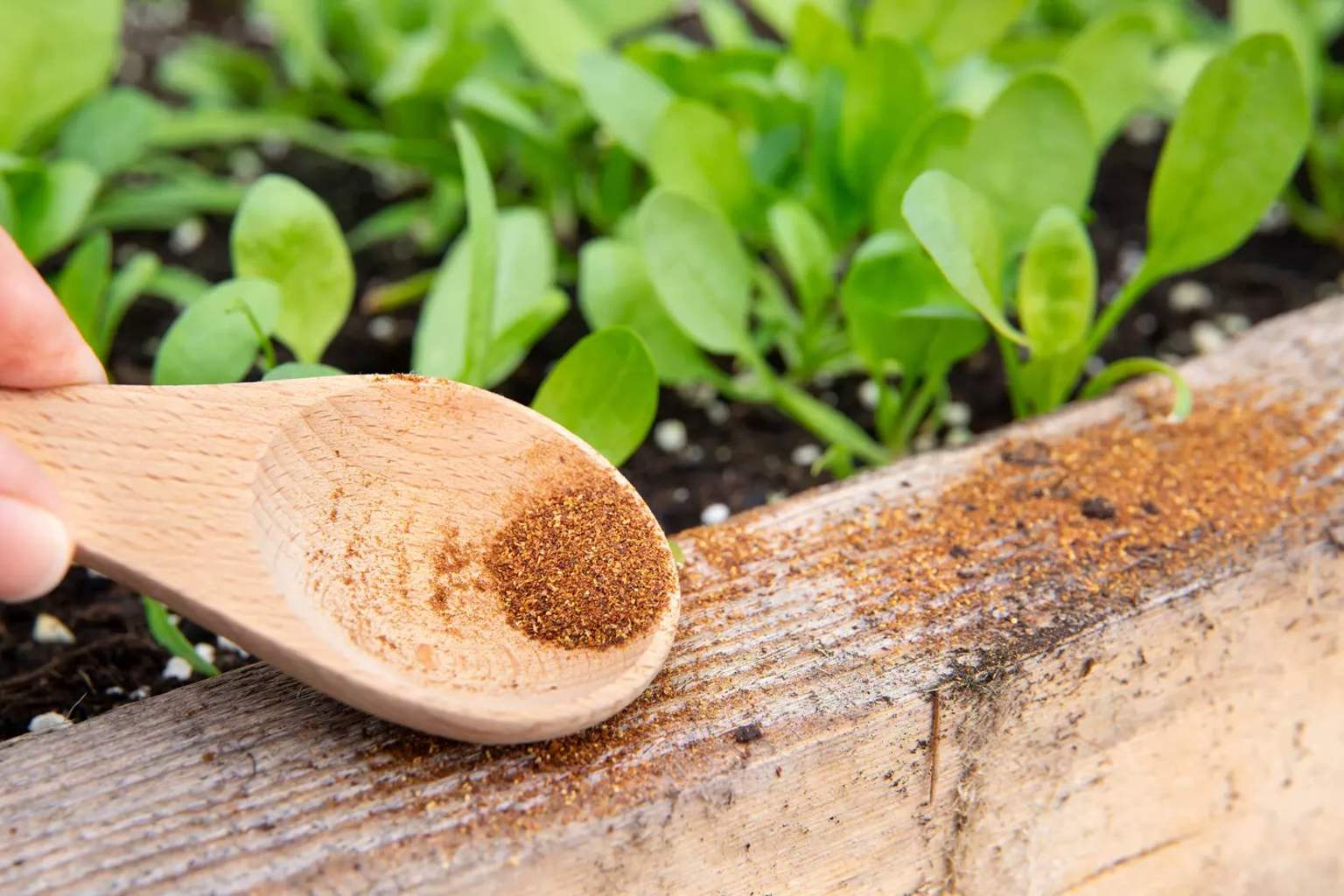Imagine having a simple, natural remedy right in your pantry that could boost your garden’s health, protect your plants from pests, and even speed up their recovery after damage. Sounds too good to be true? It’s not. The humble cinnamon spice, famous for making apple pies smell heavenly, has been quietly helping gardeners for generations. If you’re looking for an easy, affordable way to improve your garden, this might be your new best friend.
Our grandmothers were gardening geniuses, using clever tricks passed down through the years. Among their secret weapons was cinnamon. While most people associate it with baking, this spice has powerful anti-fungal, healing, and pest-repelling properties that keep plants robust and flourishing, especially in damp conditions where mold and fungus run wild.
How cinnamon fights fungal infections in your garden
Living in a climate with damp soil or rainy days? Mold and fungal diseases can quickly ruin your prized plants. The great news is that cinnamon acts like a natural antifungal hero. Sprinkling a light dusting of powdered cinnamon directly on the soil or on the affected parts of your plants can prevent or slow down nasty fungal problems like powdery mildew or damping-off disease in seedlings.
I remember last spring when mold threatened my tomato plants after weeks of heavy rain. Instead of reaching for harsh chemicals, I spread cinnamon around their bases and on a few leaves. A couple of weeks later, the leaves looked healthy and the tomatoes thrived. It was such a relief to rely on something so natural and affordable.
Keep unwanted bugs away with cinnamon’s powerful scent
While humans love the warm, spicy aroma of cinnamon, many insects find it unbearable. This includes pesky ants, aphids, mosquitoes, and fungus gnats that tend to swarm around garden plants and indoor pots.
Next time you spot tiny invaders inching up your plants, try sprinkling some ground cinnamon around the base or on your flower pots. It’s an easy and chemical-free way to discourage bugs without harming beneficial pollinators like bees and butterflies. Plus, as a bonus, your garden will smell amazing!
Speed up plant healing and encourage healthy growth naturally
Accidents happen when gardening—pruning mistakes, scratched roots, or nicks from repotting. Here’s where cinnamon shines as a natural wound healer for plants. When you put a little cinnamon powder on damaged stems or roots, it helps seal the wound, reducing infection risk and encouraging faster recovery.
I used this trick on my beloved houseplants after an accidental root cut. The plants bounced back quicker than usual, showing fewer signs of stress. It’s a gentle yet effective way to nurse your green friends back to health.
Besides healing, cinnamon also nurtures growth. Instead of relying on chemical fertilizers, sprinkle a thin layer of cinnamon powder on your seeds before planting. You’ll notice healthier seedlings that grow stronger and fight off diseases naturally.
Have you ever tried a garden remedy from your kitchen? What surprised you the most about using spices in plant care? Share your stories and tips below, and let’s keep nature’s secrets alive together. And if you found this trick fascinating, don’t forget to share it with your fellow gardeners and friends who could benefit from a little cinnamon magic in their gardens!
